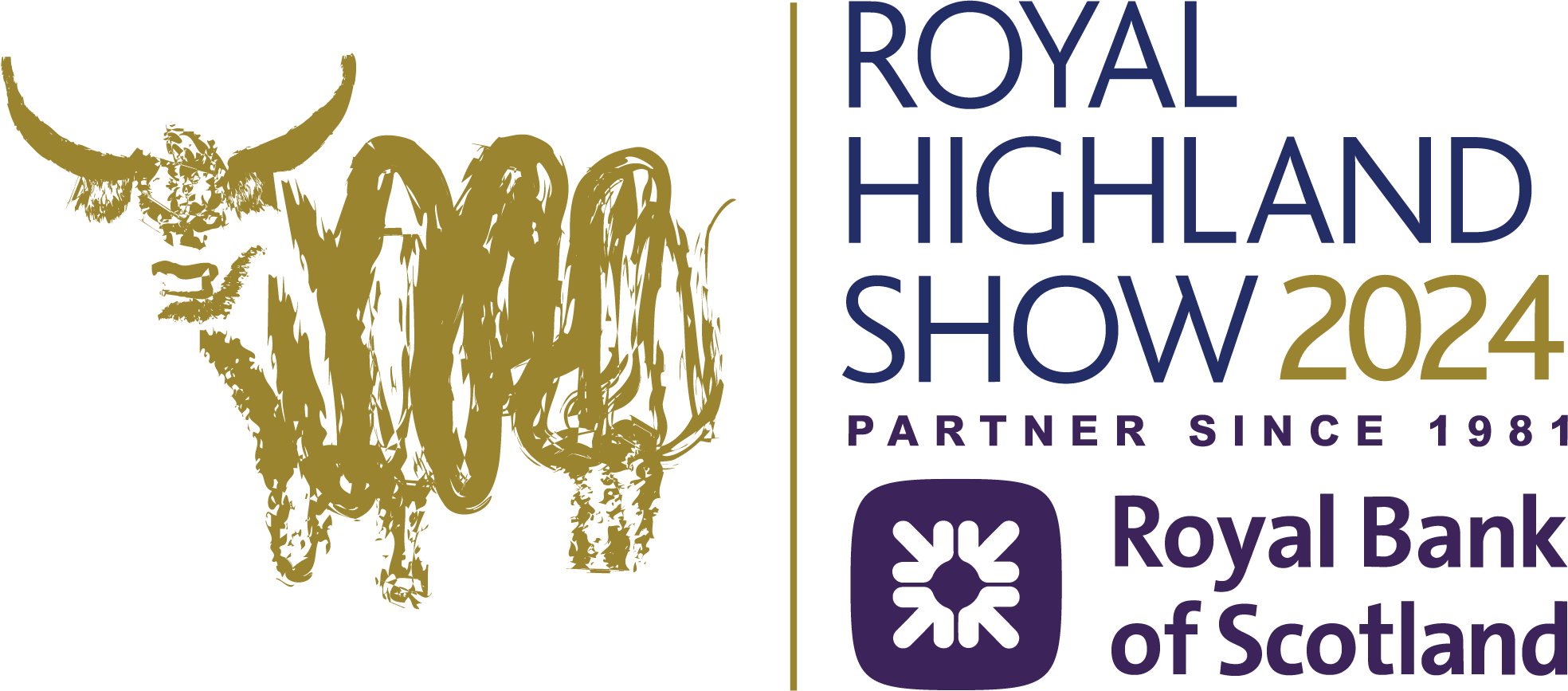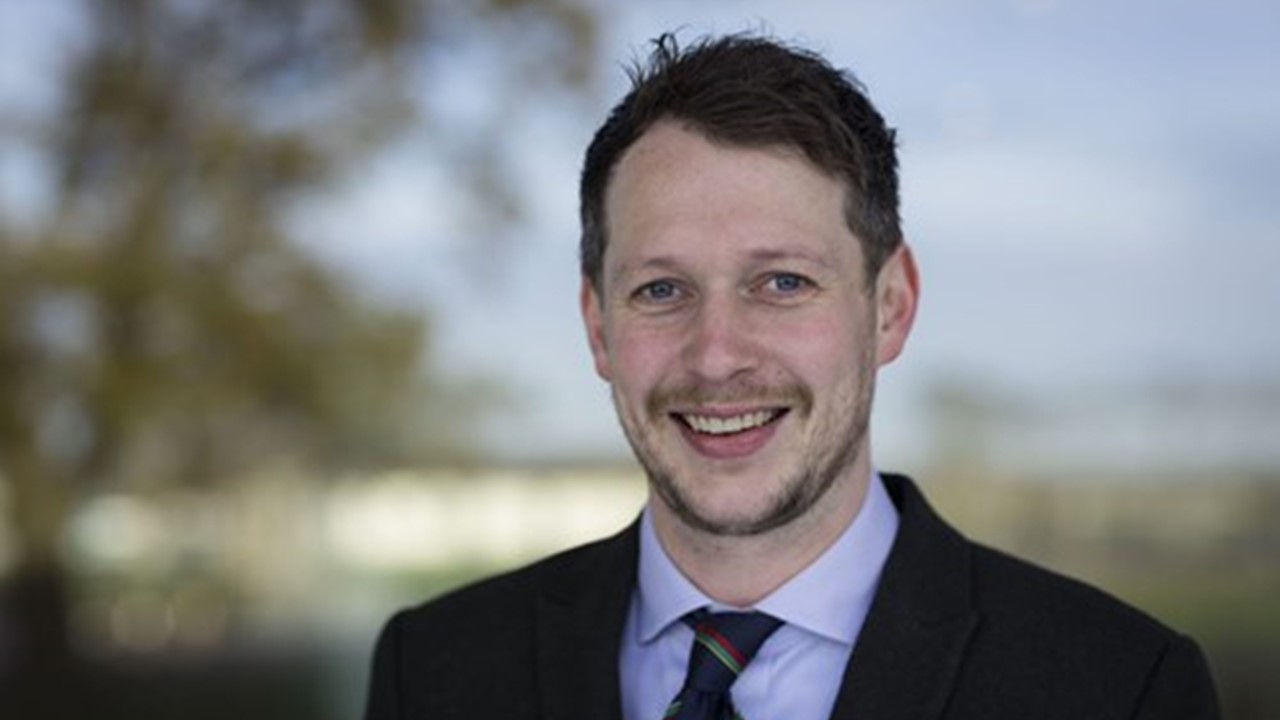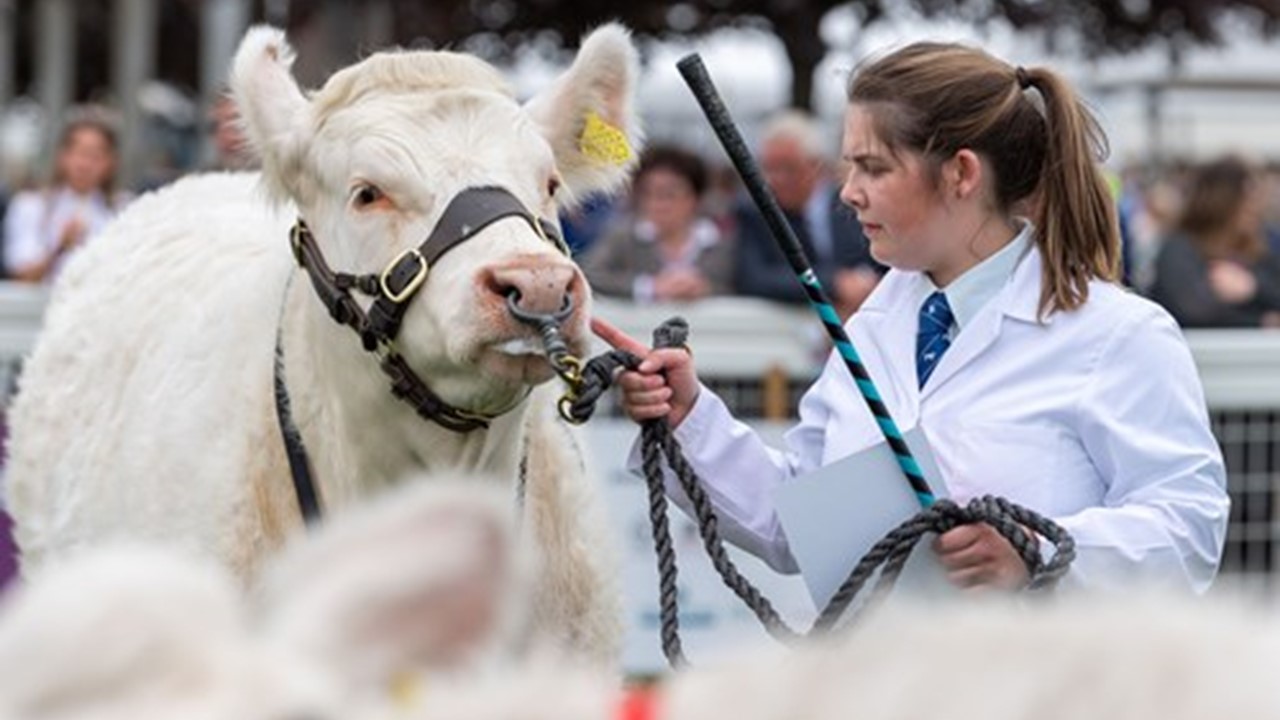When do you start planning for the next Show?
The planning process never really stops. We are always looking at least couple of years down the line to ensure we keep the Show on the right track and attend different events to see what they are doing well that would have a positive impact on our own Show. There are also always elements that require work and focus to improve.
What are some special moments from past Highland Shows?
In recent times there have been a couple of moments that have stood out. The first would be in 2021 on the first morning of Royal Highland Showcase just before the streams were about to go live. I was standing in the production room and seeing Showcase go live was a hugely emotional experience.
The second was in 2022 seeing the Show come back to life since 2019 for its bicentenary. After a very difficult period for everyone it was amazing to see the animals back in the rings with crowds and the public funneling up and down the avenues. It was great to be back!
In a normal year being part of the grand parade or standing at the entrance to the main ring when the heavy horse turnouts enter under the grandstand are really special moments to be part of. Unlike anything I have experienced elsewhere.
Any new systems/improvements for this year?
Since the end of the 2022 Show we have been working hard to improve facilities across the site and made significant investment in infrastructure to improve the experience for everyone who attends.
We are also really happy to be holding our entry fees for competitions and increasing the prize money across all sections this year to help support our exhibitors.
The farming flexi ticket has also been introduced to give those working in the rural sector flexibility to attend the Show on either Thursday or Friday.
How do you engage with local/international agri shows?
For the last 4 years I have been the lead for Scottish Shows Forum which is an annual conference hosted by RHASS for Scottish agricultural show organisers to come together, share best practice and network. This year I was delighted announce the Local Shows Development Fund from RHASS. Shows can apply for funding for a project of their choice, and this has been very well received. I also sit on the council of the Association of Shows and Agricultural Organisations (ASAO) which represents shows across the UK.
RHASS is a member of the Royal Agricultural Society of the Commonwealth (RASC) and are hosting their conference in 2024. The Show also has an international visitors program encouraging other shows to come and visit.
In 2019 I was lucky enough to travel to Canada to attend Agribition and shadow the team running that event. This was a thoroughly valuable experience for me to see and feed back into what we do here.
How are you dealing with challenge of avian flu?
Unfortunately following a meeting with APHA and Edinburgh City Council we have taken the decision to cancel the poultry competition at the 2023 Show. In its place there will be a display following the current guidelines. It’s been a very difficult 18 months for the poultry industry and I’m very hopeful having them back soon as they are a vital part of the Show.
Any highlights for this year? New classes?
Beyond hosting the Golden Shears, we have some other exciting new additions to the Show. We are introducing a new agri demo arena located in the machinery section of the showground. This area will consist of a ring to demonstrate machinery, a marquee for industry talks and an area to house the Technical Innovations competition - it will be a great opportunity to put a spotlight on this part of the Show.
We have some new Horse of the Year Show Qualifiers for the Single Heavy Horse Driven Class and Intermediate Qualifiers for riders under 25.
We are also extending the amount of judging taking place in the goat ring to take place over two full days on Friday and Saturday.
We also have the Royal Highland Hoolie taking place on Friday and Saturday night, showcasing the best of Scotland and Ireland’s homegrown country music talent.
What is your favourite class?
The beef interbreed is always one class I always try to be available for. The teams and the individual is a fantastic advert for Scottish and UK agriculture and there is always a great buzz round the ring during the judging.
The heavy horse sixes, mini major and young handlers on Sunday are others I usually try and catch for as long as I can.
Tell us about the judges - how do you choose/brief them?
The process of selecting judges starts almost two years in advance of the Show that they will be invited to. Breed Societies are invited to put forward their nominations that go before the selection committees made up of the Chief and Deputy Chief Stewards from the relevant sections. Following the decisions from this committee invites are sent out. Trying to have some diversity in the selection is always the aim and having a mix of judges from different backgrounds and experience to ensure the Show remains relevant to the current market.
At the Show prior to their judging, the judges are invited to a briefing in the board room which is one of the more ceremonial parts of the Show. This is an opportunity for them to meet the stewards that will be looking after them but the pride, nerves and anticipation you see on the face of each judge, especially first timers, shows how much judging at the Highland means to people.
How many committees make up the structure of the Show?
There are 12 different show committees that feed into the wider RHASS committees and board. Each section of the Show, from livestock to trade, has its own committee and an allocation of Chief and Deputy Chief Stewards dedicated to looking after that committee and area. The Chief and Deputy Chief Stewards are chosen from the Board of 59 directors as part of their role as a RHASS director. These committees then feed into Finance, Executive and Board for final sign off on decisions.
How do you engage with exhibitors?
Feedback from our exhibitors is key to the success of the Show and we engage with them in a few ways. Following each Show we do provide a survey for exhibitors to complete about their experience and this forms a key part of our debrief process and how we plan and improve going forwards.
We also engage through breed societies which is a really important part of ensuring the Show is providing the best experience for our exhibitors. Societies are invited to either annual or bi-annual meetings to provide their feedback.
On a day-to-day basis, we use our social media to keep everyone up to date with what is going on.
Looking back, what are some of the achievements you are most proud of?
As a project Royal Highland Showcase is definitely one of the things that stands out for me. With the backdrop of covid to start a never been done before event with only a matter of weeks to pull it off was pretty daunting at the time.
The small team that we had then really was up against it right from the off but pulled together to deliver the event, which was remarkable.
From a personal point of view altering the timetables to run over 7 days and interlinking the production elements along with making sure everything was safe to go ahead was monumental. And when the lone piper played to an empty showground to close the event there wasn’t many who didn’t have a tear in their eye and sense of pride in what was achieved.
You can purchase tickets for the 2023 Royal Highland Show here. If you’ve already secured your tickets, find out what to expect at the Show and plan your visit here. And don’t forget, the RHS App is also available to download for free!


